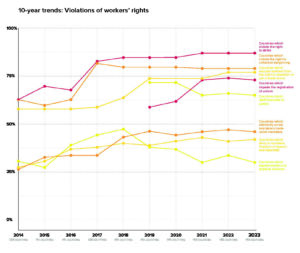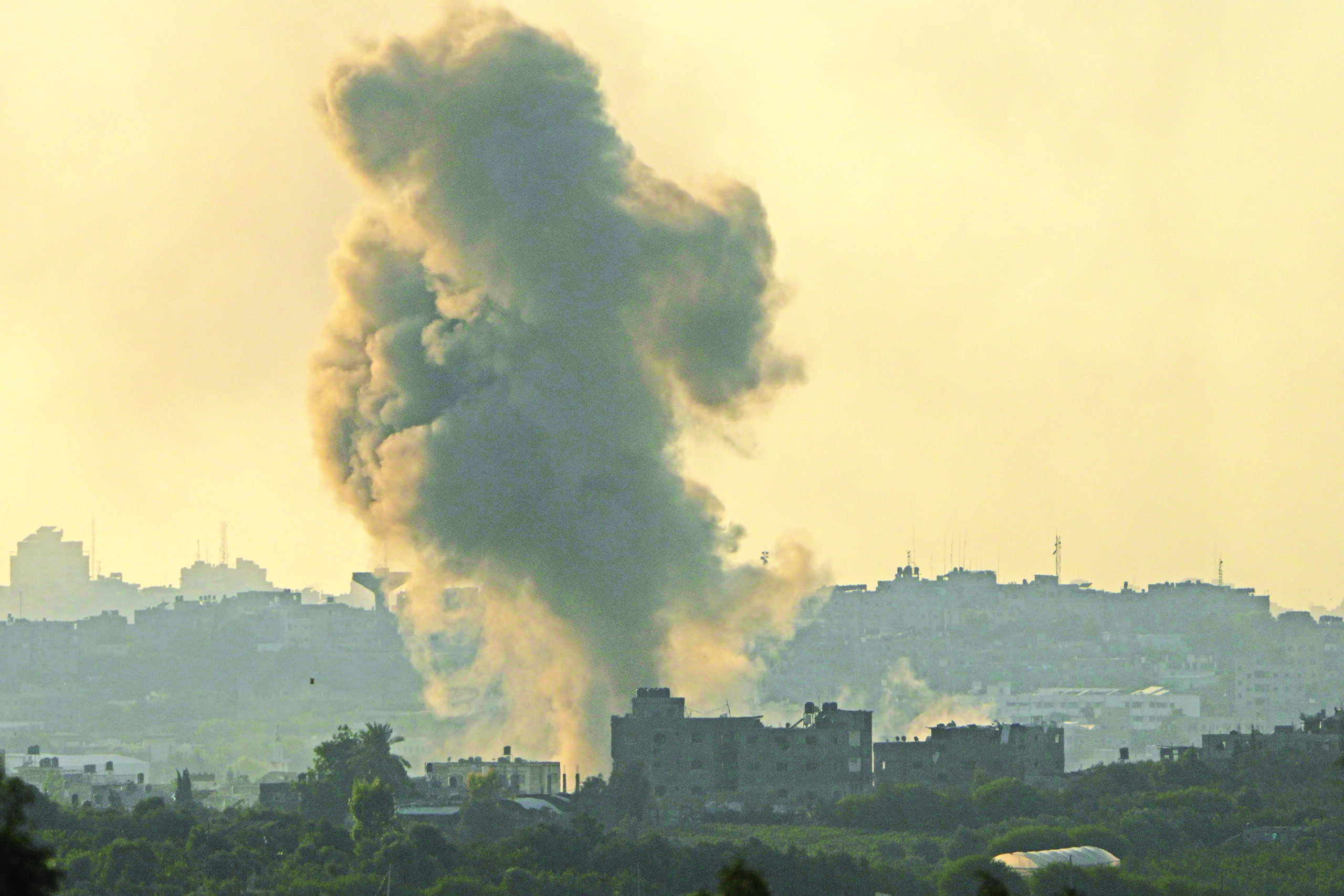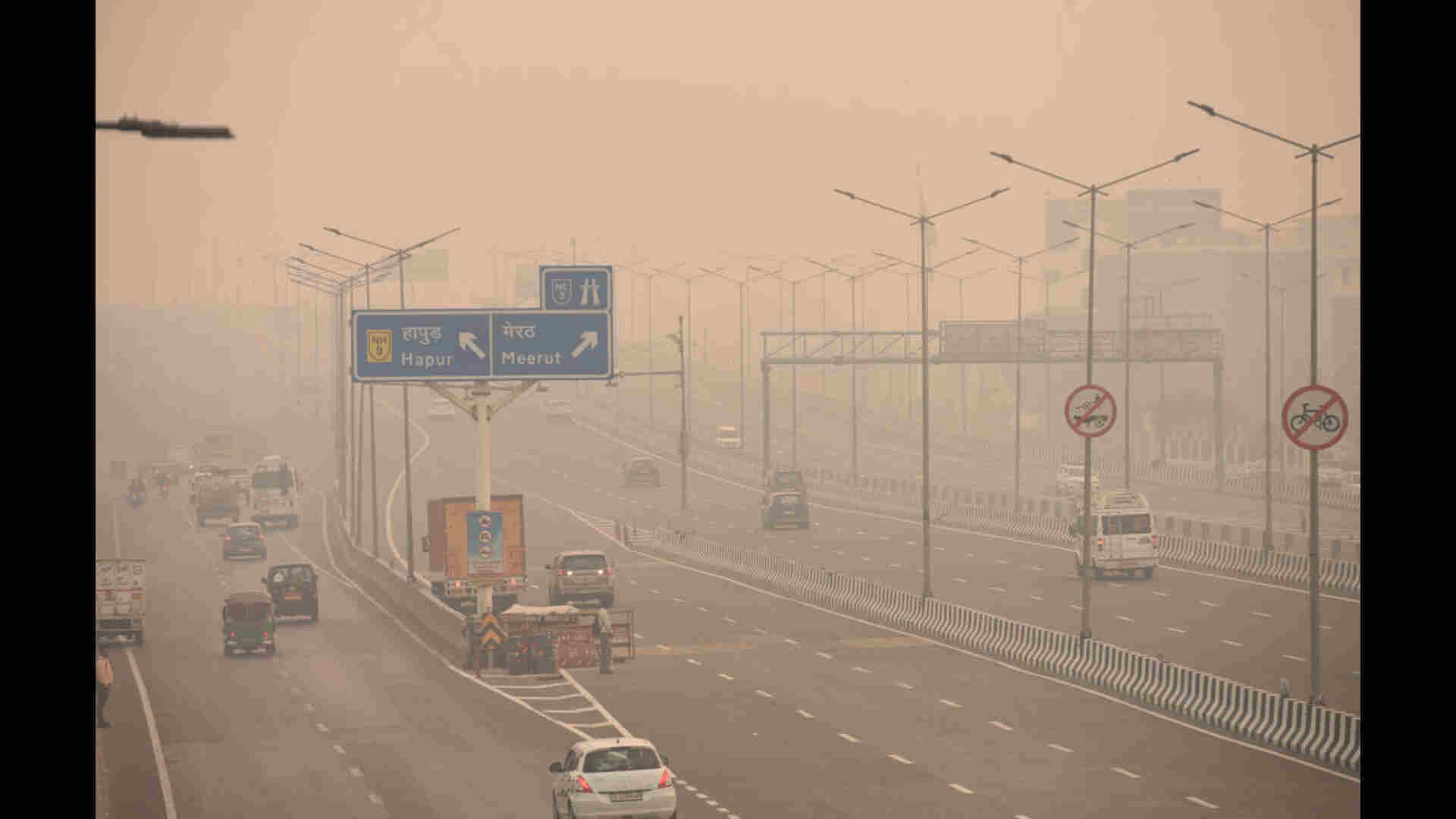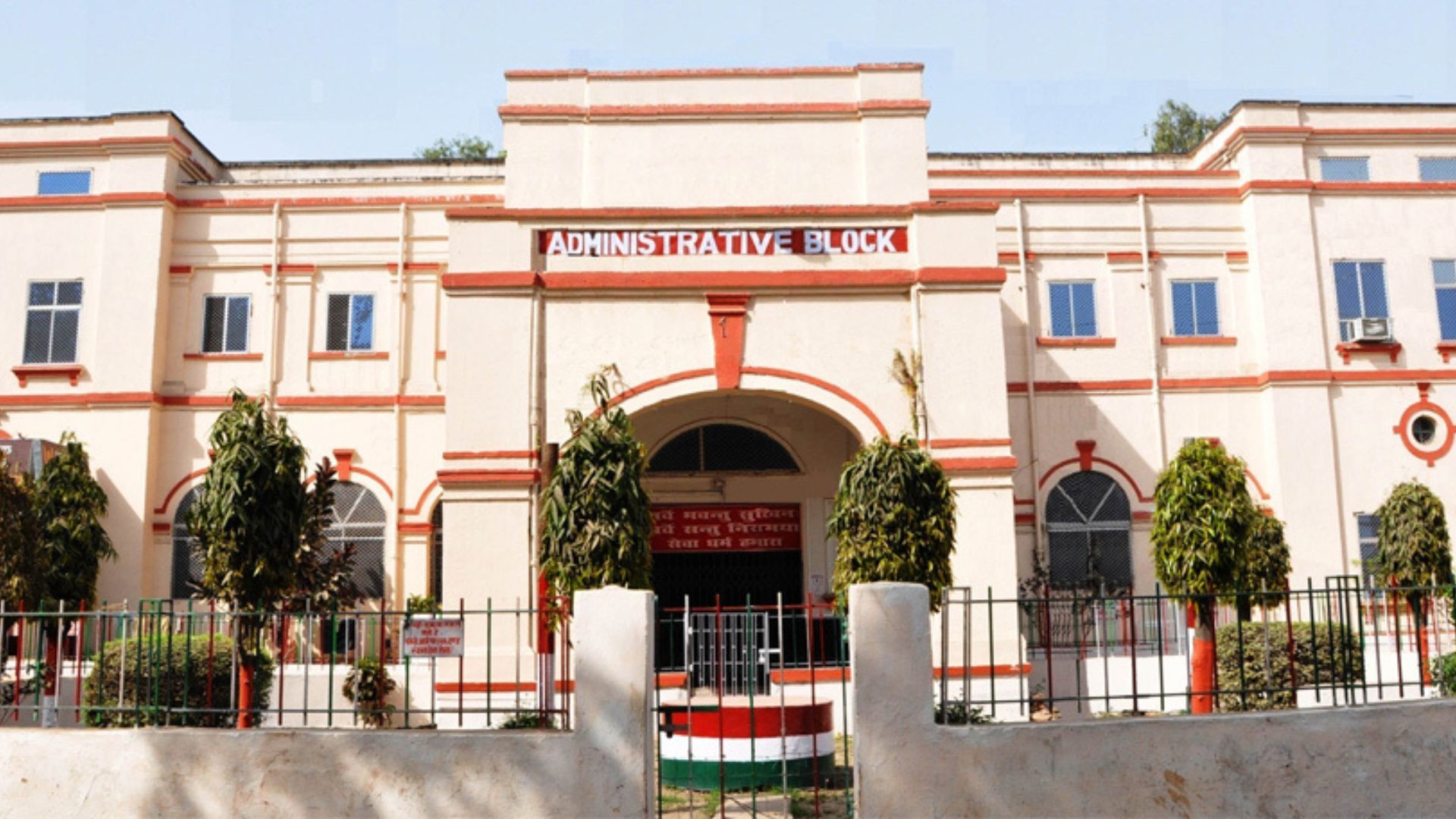As per The International Trade Union Confederation (ITUC) Global Rights Index, Middle East and North Africa is the worst region for working people, whereas the Asia-Pacific region was once again the second worst region in the world for workers’ rights. The average rating for countries in Asia Pacific was 4.18.
The ITUC Global Rights Index depicts the world’s worst regions and countries for workers by rating countries on a scale from 1 to 5+ on the degree of respect for workers’ rights. Violations are recorded each year from April to March. The annual 2023 Global Rights Index with searchable data can be found at www.globalrightsindex.org. Information on violations of workers’ rights in countries is published throughout the year in the ITUC Survey found at survey.ituc-csi.org.

MIDDLE EAST AND NORTH AFRICA
In 2023, the Middle East and North Africa continued to be the worst region in the world for workers’ rights with an average rating of 4.53. The conflict zones of the region: Libya, Palestine, Syria and Yemen, have seen a breakdown of the law under which no workers’ rights nor their fundamental liberties can be guaranteed. In Tunisia, President Kais Saied tightened his grip on power. Having dissolved the Parliament in July 2021, President Saied unilaterally adopted a new constitution in July 2022 without consultation with political parties or social partners. The past year has seen arrests and violations of collective bargaining rights, as well as repudiations of the right for international workers’ unions to demonstrate solidarity with their local allies.
In the Gulf countries, notwithstanding progress in Qatar, the kafala system remained in place and in practice, migrant workers, who represented the overwhelming majority of the working population in the region, remained exposed to severe human rights abuses. In Algeria and Egypt, independent trade unions still struggled to obtain registration from hostile authorities, which severely impeded their capacity to function effectively.
ASIA PACIFIC
The Asia-Pacific region was once again the second worst region in the world for workers’ rights. The average rating for countries in AsiaPacific was 4.18.
In Hong Kong, after the disbandment of independent trade unions and pro-democracy organisations, the authorities continued to persecute and arrest trade union leaders, while in Korea, unions were targeted by the government through police raids and arbitrary arrests. Workers in India, Pakistan and Bangladesh were beaten by state forces, faced arbitrary arrests and restrictions on the right to form trade unions. Arbitrary arrests and violent attacks remain a constant threat for trade unionists and workers in Myanmar and the Philippines who continued to demand their rights in the face of intense attempted repression from the authorities. In China, the Uyghurs, Kazakhs and other Turkic Muslim peoples remained the targeted focus of unrelenting persecution and mass detention by the authorities who, among other brutal human rights abuses, coerced them into forced labour to supply the garment industry.
AMERICAS
In many countries in the Americas, including Brazil, Colombia, El Salvador, Guatemala and Peru, trade unionists and workers experienced violent attacks. In Honduras, it remained very difficult for workers to organise, as they faced intimidation and union-busting practices. In Ecuador, peaceful mass protests were met with police brutality, leaving many injured or killed. Haiti remained in acute political and institutional crisis, as the country was beset with violent civil unrest, and workers’ civil liberties and freedoms were severely curtailed.
EUROPE
In Europe, the average regional rating deteriorated, falling to 2.56. Collective bargaining rights were severely trampled in most countries, including the Netherlands, North Macedonia, Montenegro and Serbia, while workers in Poland and Turkey were faced with employers’ union-busting practices. In the United Kingdom, the right to strike was under attack with the introduction of a regressive bill. In Belarus and Kazakhstan, independent trade union movements continued to be heavily suppressed.













